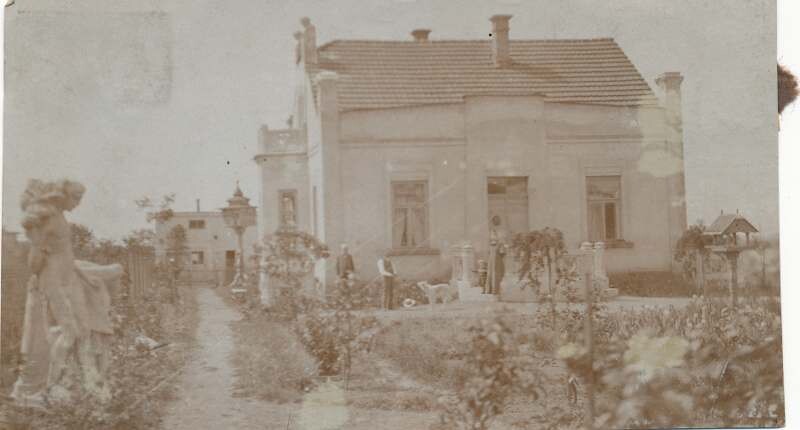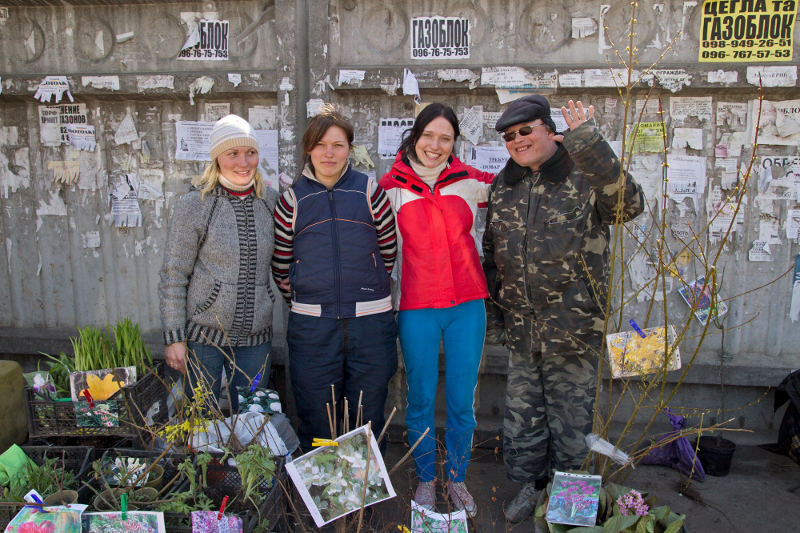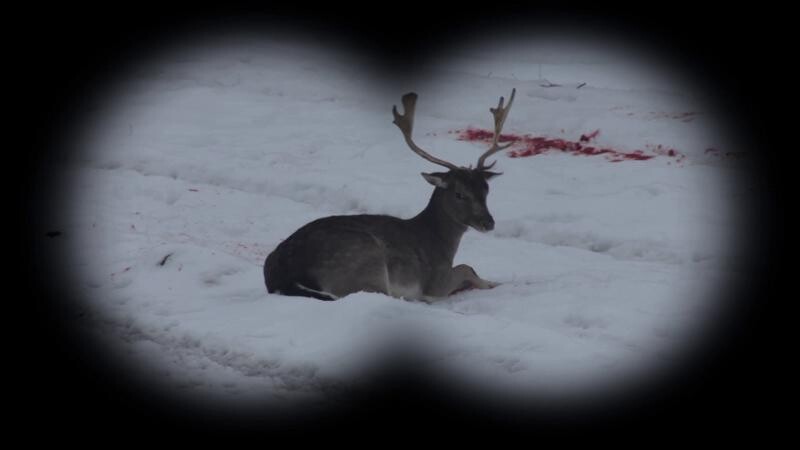The Wagner Family’s Indelible Footprint
Director Jakub Wagner is the grandson of sculptors Marie Kulhánková and Josef Wagner. His great-grandfather Josef Kulhánek built an Art Nouveau villa in 1905, where the sculptor family lived for generations. Wagner's father and uncle are also sculptors and it is they who he concentrates on in his film, Family Business / from Videodiary (Rodinné záležitosti / něco z videodeníků). A portrait of two brothers and one villa deals with family traumas more than family legacy.
The film consists of a large amount of archival material. How did the records get to you?
I came across some by accident, but found almost all of my uncle's video archive in the family villa, which is the central theme of the film. For example, one video cassette was jammed in the video player, which I had repaired. It was a recording from a birthday party of the wife of the Czechoslovakian prime minister Lubomír Štrougal from the year 1986. In fact three years ago, I played the video at the festival in Jihlava – Marek Hovorka lined it up as raw found footage. It made quite some fuss. Other material comes from the documentary of Rudolf Adler (Můj Parthenon jsou Holešovice – Josef Wagner), who was the only one to capture my uncle and dad together in the year 1997.
When did you decide that you'd create a feature-length documentary from the found video archive?
Already during my bachelors' studies at FAMU, I shot a school film on 16mm film in which I was searching for our family roots. The film was about my grandfather the sculptor. However, I never completed it and only now, after years, I used at least a part of it in the feature-length documentary. I became really interested in the topic the moment I found the family archives. Everyone then started to convince me that I should use it in my own creations. Two years ago I came back to the topic of our family affairs and shot my graduation film for my master's degree program.
What was it like working with so much material?
A lot of times filmmakers only play around with form when dealing with found footage. They revel in buzzing sounds, washed-out photography and an unclear audio track. I, on the other hand, am trying to tell the genesis of my family and our house. The selection process was the hardest part, in which I spent hours going over footage I discarded, again and again. It was important for me to find a certain thread that would hold the film together.
You worked with a timeframe of almost an entire century. How did you cope with the context of each time period?
Working with contexts from each time period proved to be very difficult. I chose the path of subtitles and gently provide the audience with a quantity of information, names and links. It was important to set where I wanted to lead the family story and where to begin. I did not want to create a chronicle of the entire family, I tried to concentrate on the story of two brothers and one house, which was built by my great-grandfather so that it's residents would be happy in it and from which, in the end, a sombre trauma emerged. I must say that I surpassed even director Helena Třeštíková in the field of observational documentary.
Your film is about the family, but you kept your distance. Was it your intention to maintain a neutral position of an observer to some extent?
I wanted to rise above some kind of personal trauma. Humour and an objective perspective helps, when you try to tell a generic story on the basis of personal material, the story of two brothers and one injustice. Everyone can empathize with such a story, because everyone lugs around family baggage. Of course, I cannot fully distance myself because foremost it is the story of my father and uncle.
How do you see their story today?
Biblically a little bit. As if they were Joseph and John: both completely different and yet linked by the same genes. One wreaks havoc and the other cusses. I like David Lynch and see a little of the character Bob from Twin Peaks in my uncle, a kind of demon. Of course I do not think of my uncle as a demon, on the contrary, I am happy he raised hell, destroyed something and drank. He comes off demonic to a lot of people and that is why they come to like him. I perceive the brotherly feud as a myth between positive and negative heroes.
You focus mainly on the theme of the past in connection with portraits of famous personalities. What life do you plan to peek into now?
The past really is my topic to some degree. Right now, I am preparing a film about the Czechoslovak agent Karl Köcher, who was sent to the USA by Czechoslovak intelligence, and then was on both sides. Come to think of it, I really enjoy going through archives. It is an adventure. I enjoy the flood of created videos. I wish there was a documentary waste bin for all the garbage. After footage from parties at the Štrougals', we will eventually discover records from parties at the Babišes and Zemans. That for sure will make for material to film about.
|
|
Jakub WagnerIn 2002 he got his bachelor's degree in directing at FAMU, where he continued his studies at the documentary film department. In 2014 he completed his studies with the graduation film Family Business / from Videodiary (Rodinné záležitosti / něco z videodeníků). He is the creator of biographical documentaries Jan Kaplický – Profile (Profil – Jan Kaplický, 2004) and Váňa (2012). |
This interview was published full-length in Czech in the Jihlava IDFF newspapers, dok.revue F01.




